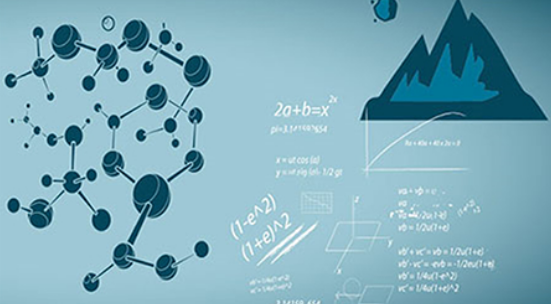Περίληψη
The COVID-19 pandemic, with the consecutive lockdowns, has led schools around the world to transition suddenly from face-to-face education to online teaching. The purpose of this paper was to investigate secondary school teachers’ beliefs on online teaching presence and school support for online learning during the pandemic. The sample was 238 teachers in Greece who are interested in e-learning and received some preparation to teach online courses. An online questionnaire was administered and three factors were revealed: instruction and organization, facilitation and cognitive activation, and school support. Teachers’ perceived online teaching presence was strong (over 63% expressed agreement), and the highest percentages of agreement were linked to clear instruction, communication of time frames and course topics, and facilitation and encouragement that could help students learn. On the other hand, perceived school support for online learning was weak (over 50% expressed disagreement and neutral views), and the highest percentages of disagreement regarded the existence of a professional development strategy and of clear objectives/vision towards online learning. Gender, years of teaching experience, and experience with online teaching had a small effect on teachers’ beliefs. Implications for teacher professional development, educational policy, and the design of educational technology applications are discussed.
Ολόκληρο το άρθρο εδώ: https://www.mdpi.com/2227-7102/12/3/216





